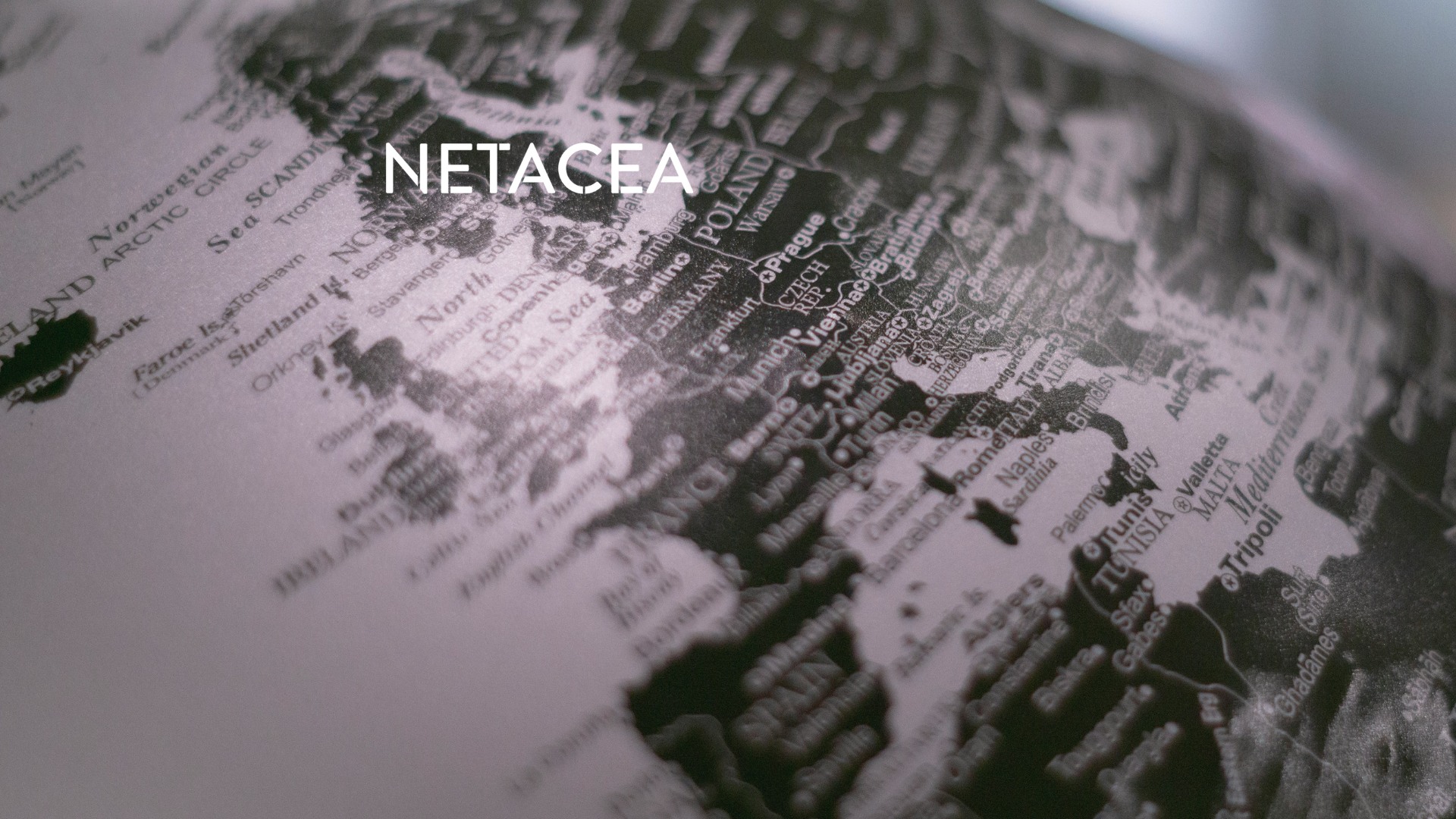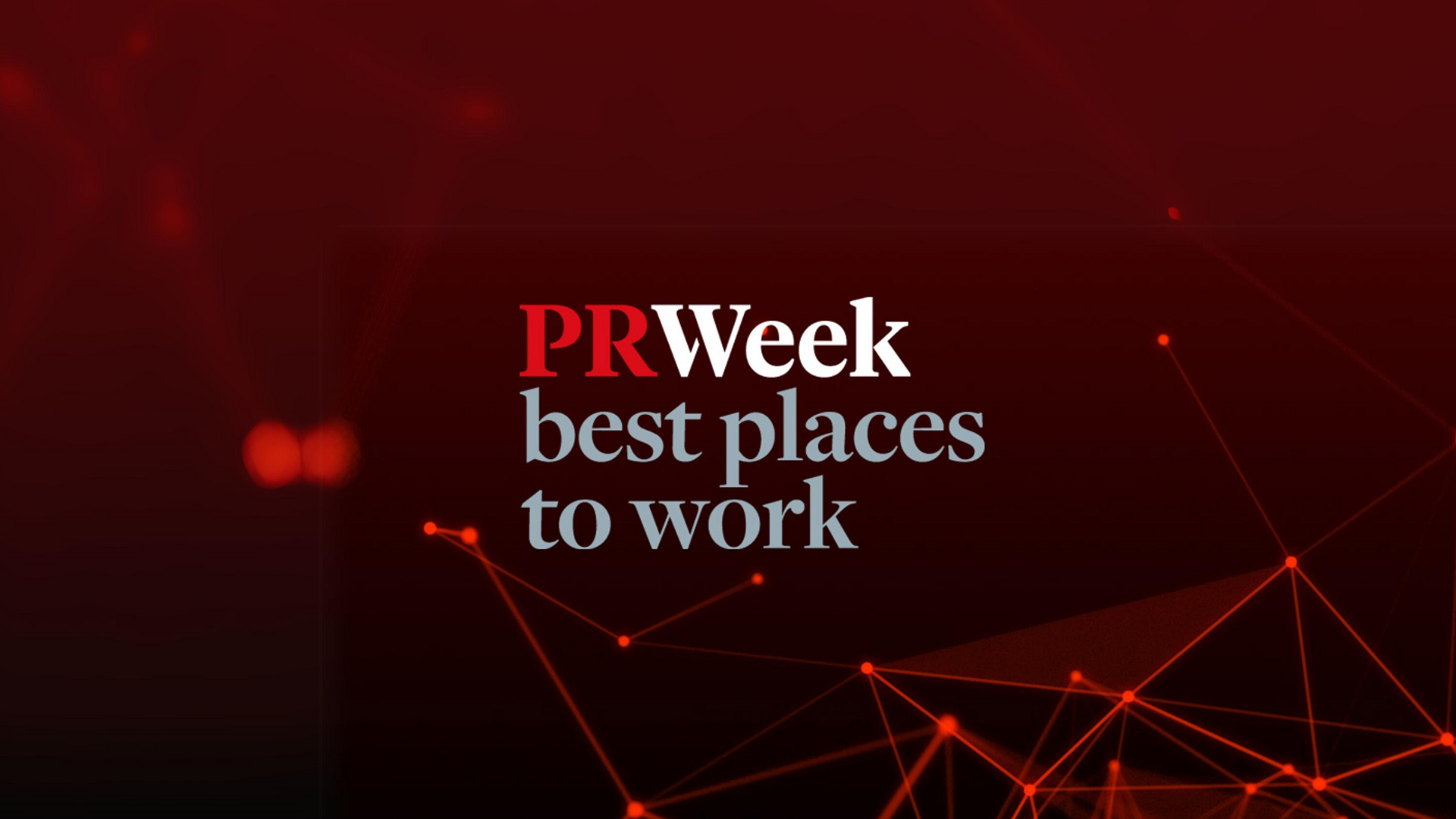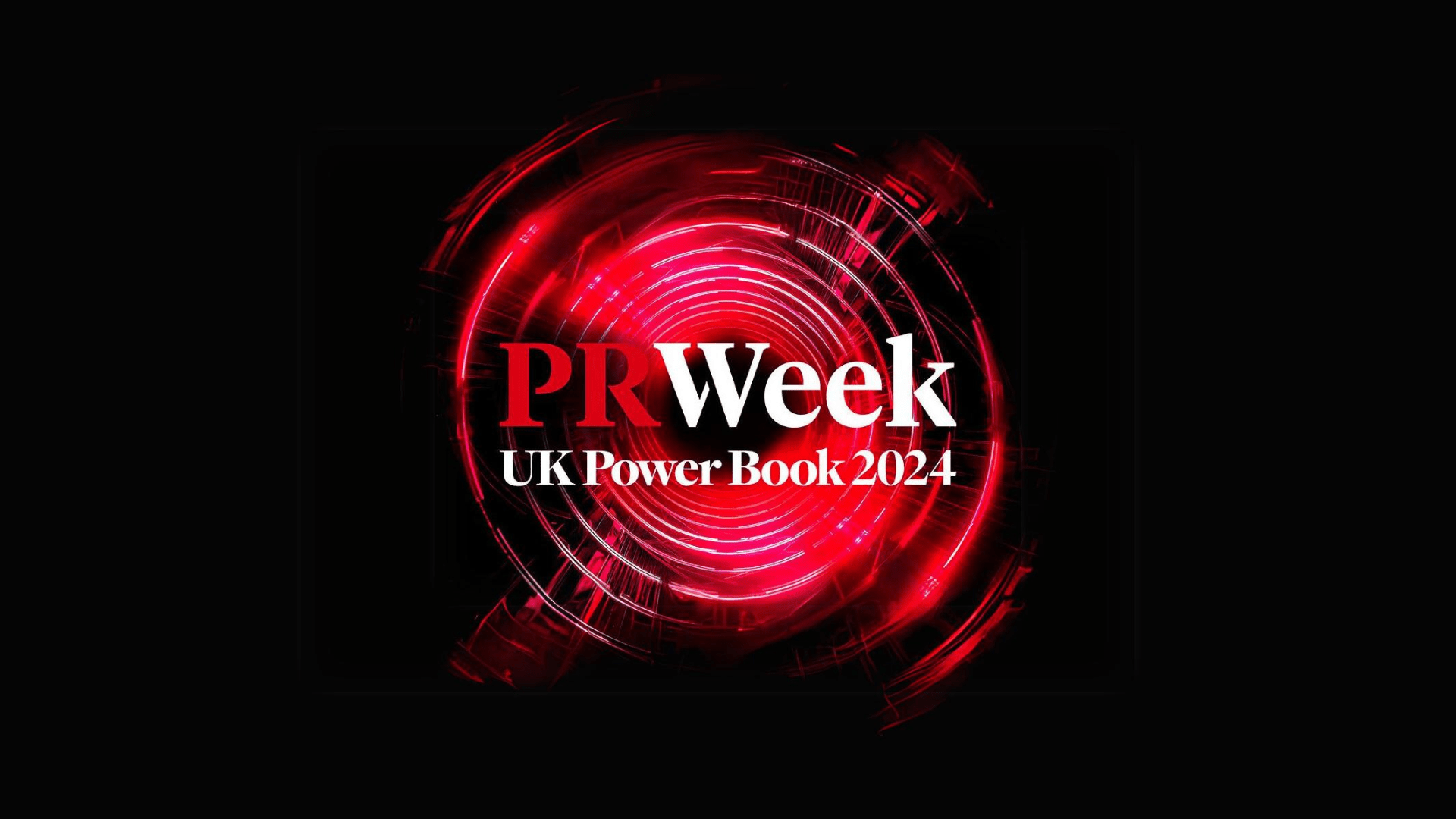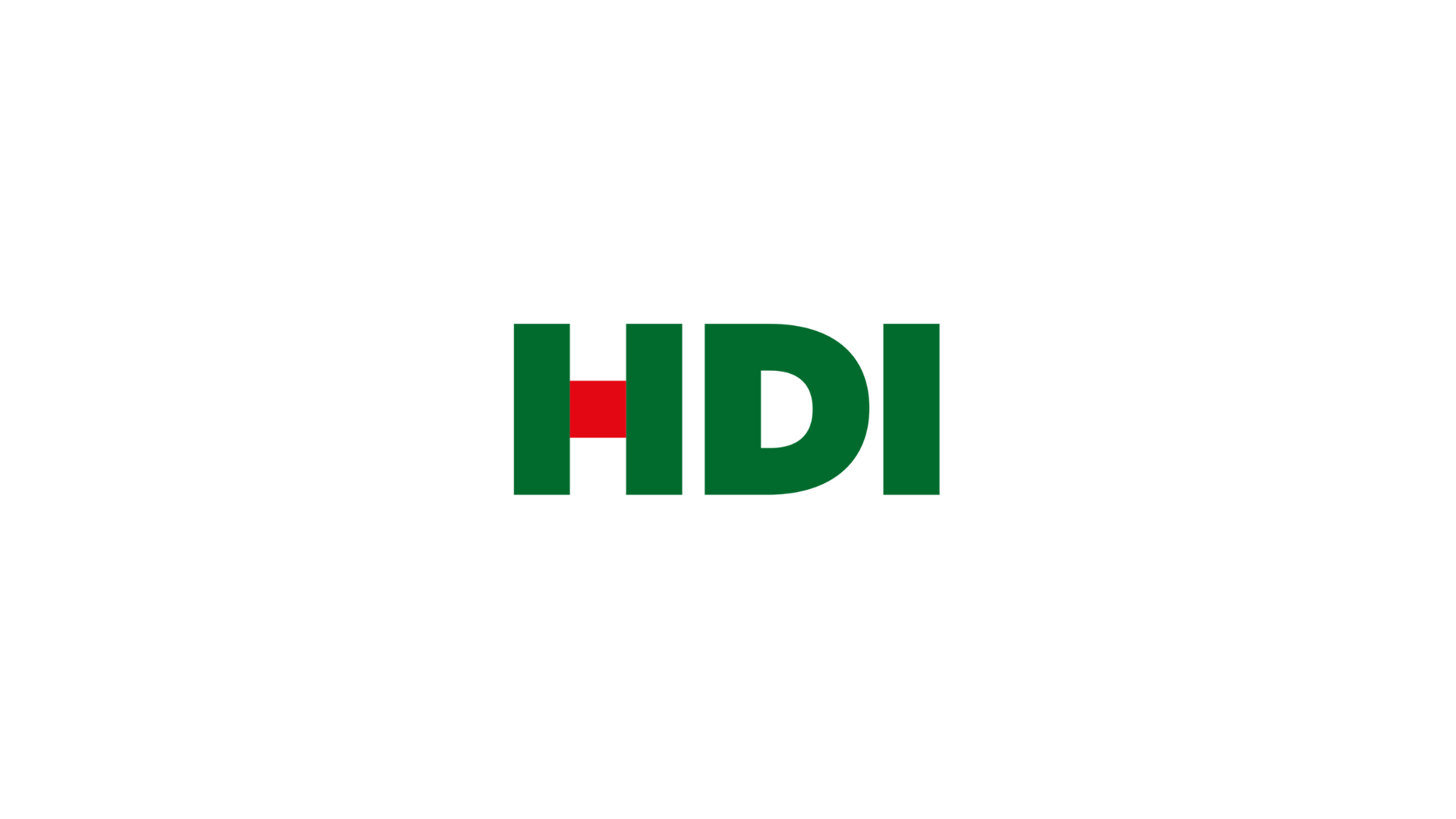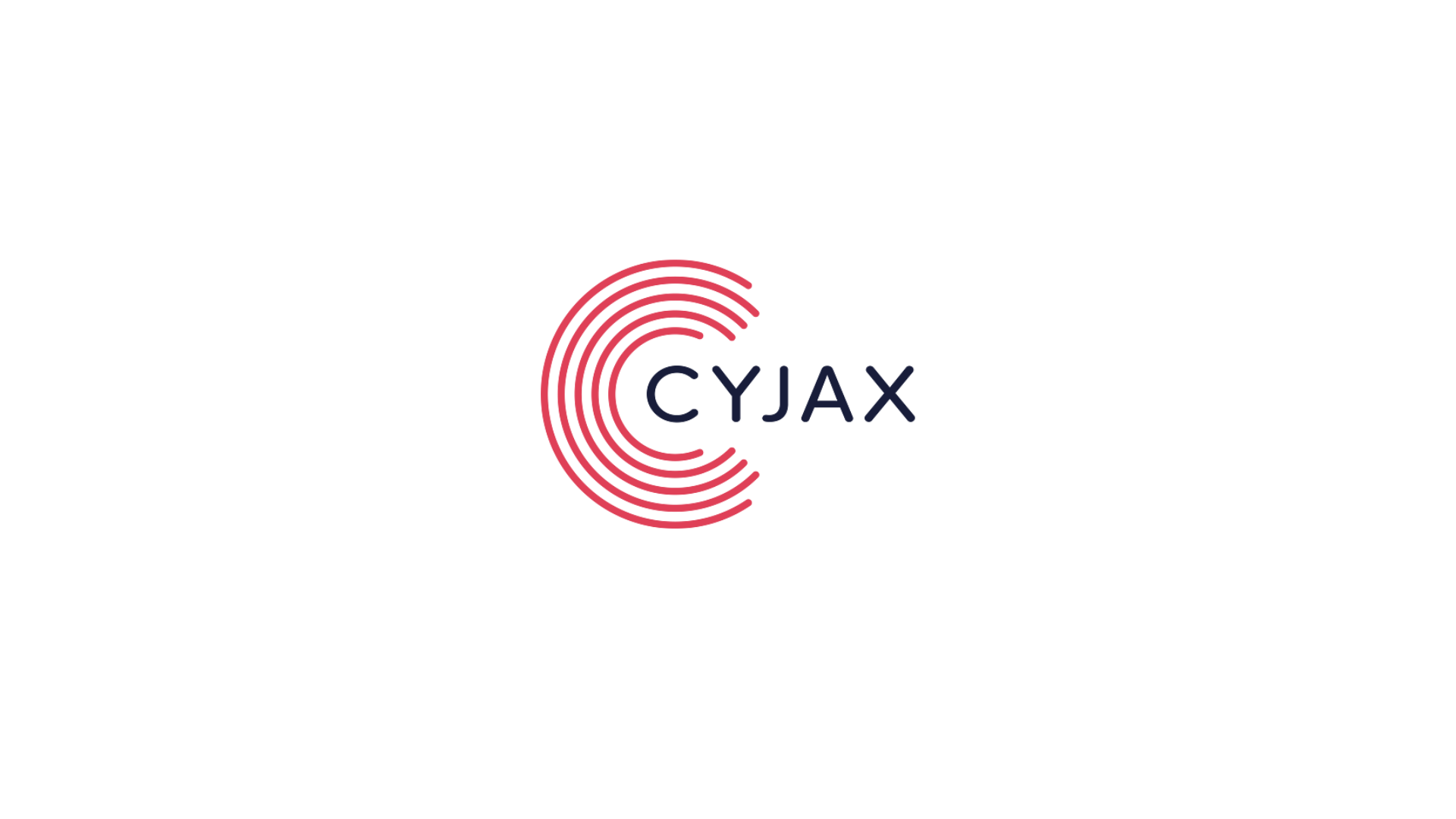The value of analysts
The value that analysts bring to businesses shows itself most obviously in three ways:
- generating leads with targeted campaigns,
- maximizing visibility of
- the problems you are addressing and also
- the general class of solution you are a part of, and
- visibility for you as a relevant and valuable provider.
Maximizing visibility is important because it stimulates demand for you and legitimizes your whole market. For example, artificial intelligence (AI) solutions might accelerate and improve the quality of a wide range of business challenges. However, analysts rooted in one particular business area (for example, composite applications) may not consider AI as a solution to their challenge. They might expect the articulation of complex, cross-application processes to require a specific, brittle vertical solution to their particular business problem. Consequently, they might not be looking for an AI solution. Getting those analysts outside the AI niche to buy into the AI use case is a big win.
Creating market fame and shaping opinions is also an essential element of analyst relations. In most B2B tech markets, there is a broad conversation in which analysts are active thought leaders and talk about new opportunities, obstacles, and solutions in that area. Analysts’ opinion is formed either top-down, with stories that celebrate heroic clients that have turned things around, or bottom-up, by looking at very granular experiences and the kind of reviews Gartner Peer Insights has collected, or PeerSpot (formally known as IT Central Station). Sales support from analysts is also valuable if you are a solution provider. Those analysts that champion your mission and ideas could be happy to play a role in the sales process. Such advocates could also aid organizations you have invited along to advisory sessions.
Perhaps the most important value, however, is the optimized offering. We want to make sure the analyst has a good understanding of your organization, your value proposition, the challenges that you are trying to overcome – and perhaps most importantly – your customers. If that happens, their insights will help you optimize your offerings to achieve your goals better. Often, analysts see that vendors are developing solutions to address early clients on, leading to “over adapting”. Over adapting is when a firm’s offer addresses the needs of a small number of early clients rather than the clients that represent the major market opportunity. That might mean that the offering you deliver is aligned more with the atypical needs of your initial clients rather than being an offering more suited to the needs of your sweet spot in the market. Analysts follow the entire market, and their feedback can help you identify the optimum combination of qualities that should optimize your offering to fit your sweet spot and more broadly help determine where you should be going next.
The value of an outsourced analyst relations service
The value of outsourcing directly relates to the value of your time. Something gets taken off your to-do list and frees up time that can then be devoted to your core activities and pursuing more targeted business goals. It also means you will have more consistent, structured, and planned analyst relations. There will not be an ongoing need to spend time responding to crises, zig-zagging, or putting out fires. A stable analyst relations programme encapsulates the firm’s message, and stability is essential to help you optimize your time.
How outsourced AR can help
CCgroup is an excellent example of programme management that saves you time. Most AR service providers do the execution part, but most cannot do strategy (typically the case with most public relations agencies that attempt analyst relations), meaning their clients still need to research and develop frameworks for messaging and evaluation. A few small consultancies are not executing, but they could support you in design or assessment – for example, The Skills Connection and SageCircle.
Our acumen for evaluation makes us highly efficient because we are also responsible for the program execution: which know which measures can be collected consistently during the normal flow of the programme. We have identified the measures that allow clients to shift their spokespeople to have better interactions and more substantial outcomes. In addition, CCgroup’s ‘Power of Voice’ approach to content evaluation (inspired by our GlobalCom colleagues at PAN) enhances our ability to prioritize analysts. The expertise we bring can be divided into three parts: one third for research and strategy, one third for execution of essential work (the bread and butter), and one third for evaluation and insights.
We research and work with you to craft a specific strategy that is tailored to your needs. We can show how your efforts can be most efficiently allocated across analysts tier and quantify the opportunity for more resources by prioritizing analysts. Identifying and ranking influential analysts to support your target audience is better than a scattershot approach.
Many people associate the role of analysts with the propagation of ideas as well as community engagement. A reenforcing AR approach can include organizing events, crafting newsletters, and supporting specific strategic initiatives.
Evaluating your strategy and the insights learned from analysts is crucial to a successful analyst relations campaign. Often, analyst relations programs struggle to win visibility inside their organization. In particular, AR struggles to show how to close the gap between our firm’s communication and how our competition is communicating. It is essential to put AR metrics in the reporting tools used to track the advancement of other marketing activities. We also want to track progress between different parts of the business. Analyst relations programmes often serve legacy parts of the company, but strategic growth opportunities might be underserved.
CCgroup’s mission is to work with clients to not just spot positive comments, but to amplify them and create leverage as well. In the process of legitimizing it, analysts talk seriously about the company or about the problem to resolve. When this happens, it amplifies your credibility and reinforces your authority in the market. Leverage is how you can drive business goals and equip sales professionals to close the deal. Sadly, analyst relations programmes often spot positive content and pile it up like a can of beans in the larder: they are not doing anything with them.
With CCgroup, it is possible to support marketing communications and do it concretely by developing owned content – such as social media posts, blogs, and infographics. We use this content to draw more attention to supportive analyst comments. We can deliver these insights straight to your sales team. We can also help your lead generation processes by feeding analyst insight and analysts’ comment into content marketing and lead generation campaigns. Doing so leads to a measurable acceleration in your sales pipeline and amplifies the audience for supportive analysts: For more about that, see our webinar about leverage and amplification.
